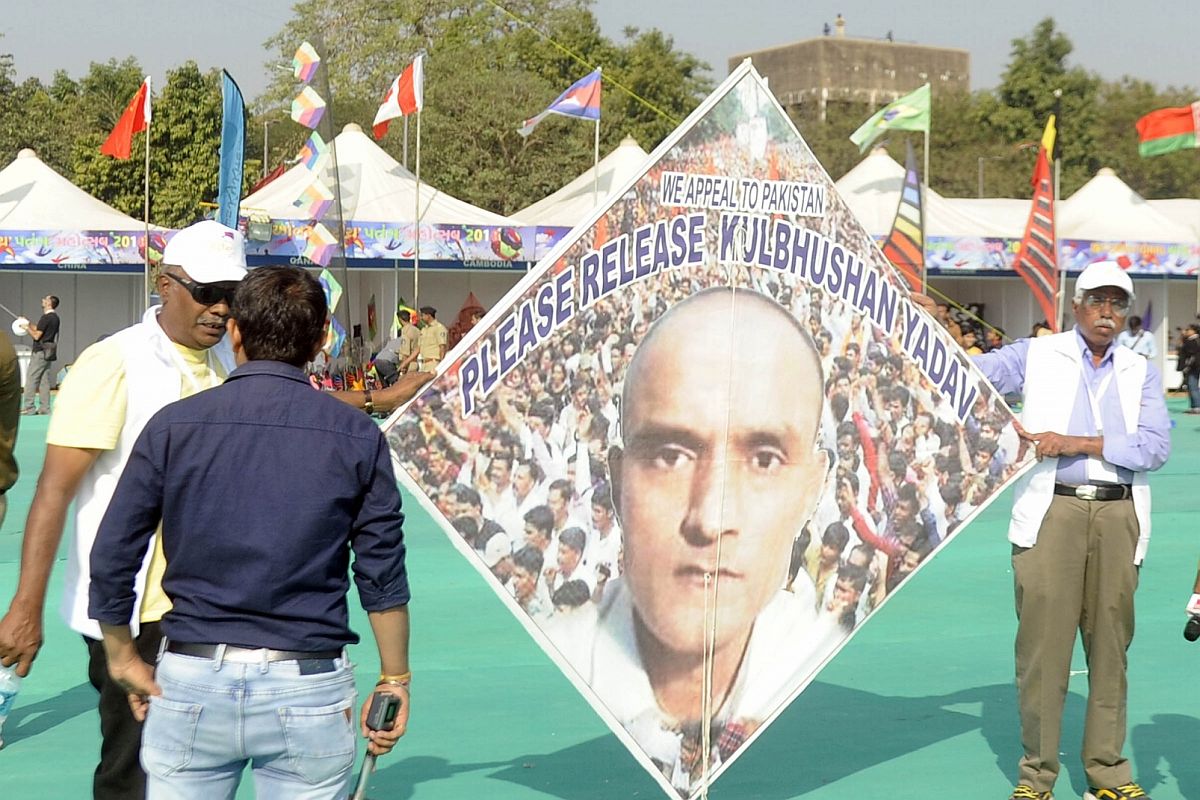The International Court of Justice (ICJ) is all set to deliver its judgement in the Kulbhushan Jadhav case on Wednesday, with Indians, and in particular, the people of Maharashtra hoping for a verdict in favour of the former Indian Navy officer who is on a death row in Pakistan on charges of spying for RAW.
The world court, based in The Hague, will deliver its verdict today evening on India’s petition that Jadhav is not a spy, as claimed by Pakistan, and should be released immediately.
Advertisement
A Pakistani team headed by the Attorney General Anwar Mansoor Khan has reached The Hague, in the Netherlands to hear the verdict. The team also includes Foreign Office Spokesperson Dr Mohammad Faisal, the Express Tribune reported.
An Indian team, comprising senior officials and some of the best legal brains, will be present when the Hague-based court delivers its verdict at around 1830 hrs IST. The ICJ had concluded its hearings in the case on 21 February.
The verdict could have significant implications for the future course of Indo-Pak relations which are already under tremendous strain since the Pulwama terror attack in February.
Pakistan claims it arrested Jadhav on 3 March 2016 when he attempted to cross over into the country from the Saravan border in Iran in pursuit of targets set by his RAW handlers. New Delhi has rubbished Pakistan’s claim, asserting that the Indian national was abducted by Pakistani agencies from Iran where he was running a business.
Pakistan subsequently conducted a farcical trial of Jadhav in a military court and sentenced him to death. Pakistan Army chief, Gen Qamar Javed Bajwa, had endorsed the death penalty for Jadhav in April 2017.
Pakistan also refused to give consular access to the Indian prisoner despite repeated requests by New Delhi. In June 2017, Jadhav filed a mercy petition against the death penalty. However, it was rejected by Pakistan, forcing India to approach the ICJ. India sought annulment of Jadhav’s execution and his immediate release by Pakistan. The court, during its hearings, asked Pakistan to stay his execution till it delivers its final verdict.
The Kulbhushan Jadhav case is the fourth time the International Court of Justice would be adjudicating a case involving India and Pakistan. In the three previous cases, the ICJ has been careful in not passing judgments that could be seen as one-sided.
Jadhav, 49, was born in Maharashtra’s Sangli district and spent his childhood at the family home in south Mumbai’s NM Joshi Marg, and later shifted to Powai.
He joined the Indian Navy as an officer around 1987 but quit the force in 2001 to set up his own business.
Jadhav is not the first Indian national to be held by Pakistan and sentenced to death after being labelled a “spy” and “terrorist”.
Prior to Jadhav, Sarabjit Singh, a farmer from Punjab, was also falsely implicated on charges of terrorism after he inadvertently crossed over to Pakistan on August 30, 1990. He was charged with bombings in Lahore and Faisalabad and sentenced to death by a local court in 1991.
(With agency inputs)











